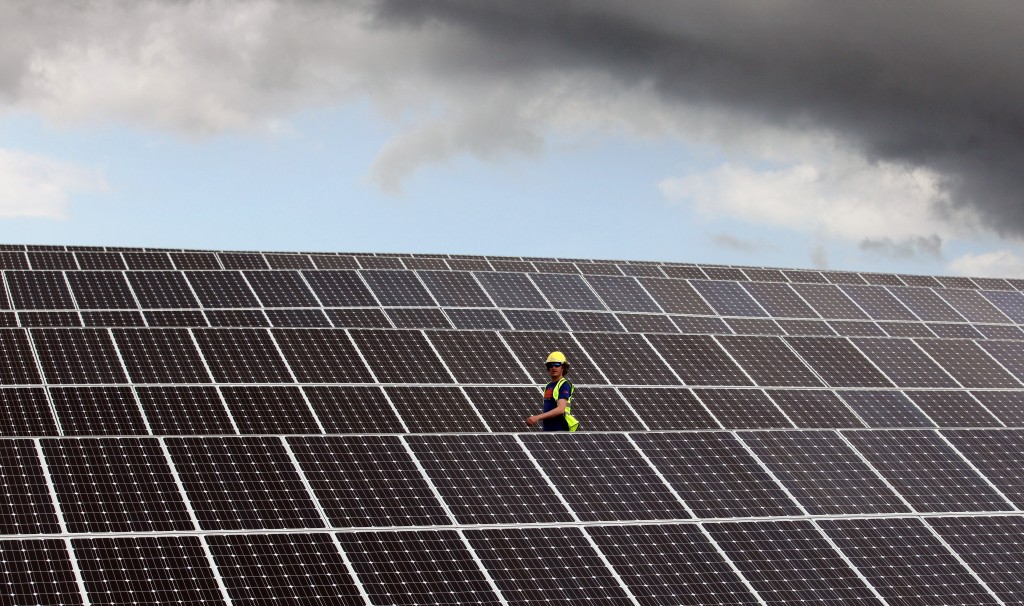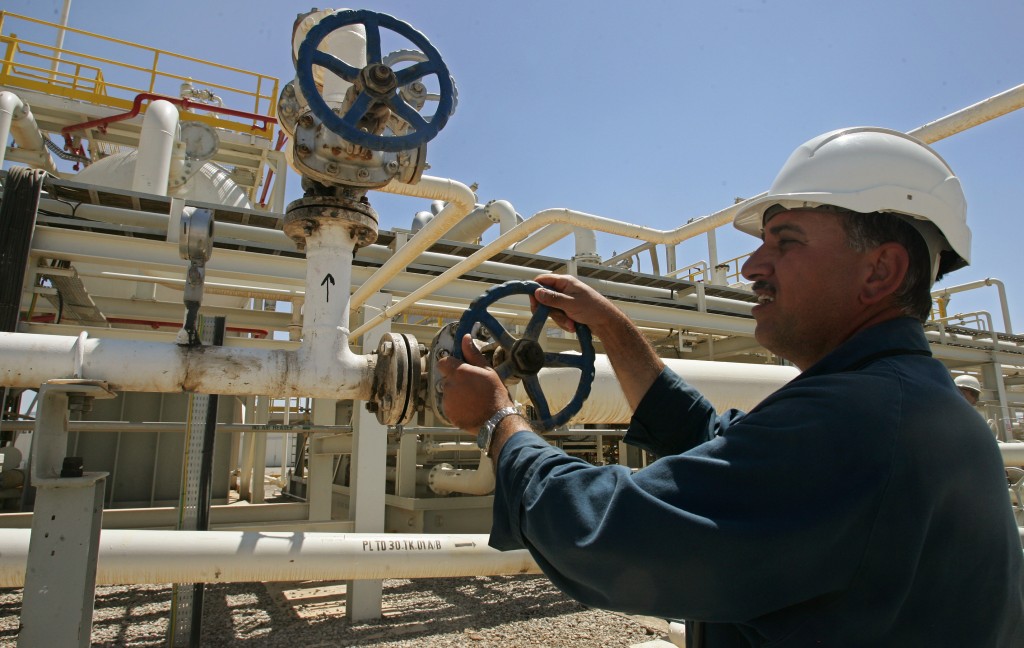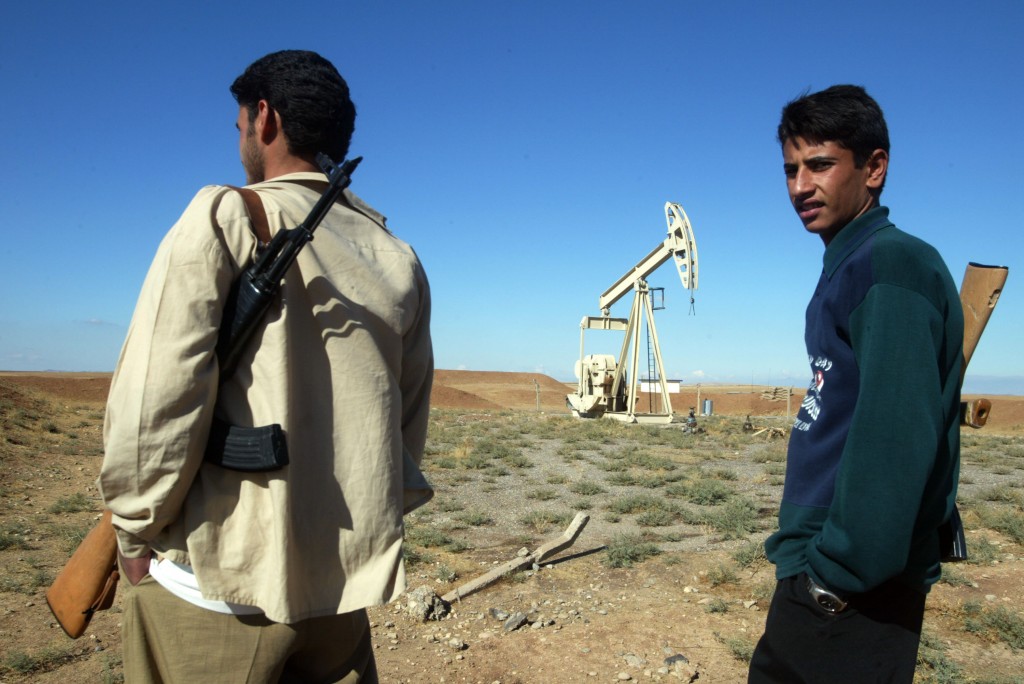Maritime
New Development
On September 4, 2014 the federal district judge overseeing the multidistrict litigation resulting from the Deepwater Horizon oil spill issued long-awaited rulings as to liability. The court concluded that BP is subject to enhanced civil penalties under the Clean Water Act (“CWA”) because the discharge of oil was the result of the company’s “gross negligence” and “willful misconduct.”
Action Items: In light of this ruling, offshore leaseholders, operators, and contractors will likely be held to an increased standard of care because the severity of the potential harm from a well blowout, explosion, and oil spill is great. Accordingly, leaseholders, operators, and contractors in the offshore industries should review their safety and environmental compliance policies and procedures to ensure they meet or exceed the high standard of care that may be applied to complex, high-risk drilling operations.
Background
Following the Deepwater Horizon oil spill on April 20, 2010, multidistrict litigation was consolidated in the district court in New Orleans, Louisiana. The current trial, which involves two key cases filed against BP and the other entities involved in the drilling of the Macondo well, is being heard by the court without a jury pursuant to the court’s admiralty jurisdiction.
The consolidated trial’s first phase in early 2013 was to determine the liability of BP, Transocean, Halliburton, and other companies, and to assess, for the purposes of penalty calculation, whether the companies acted with gross negligence and willful misconduct with respect to the loss of well control and the resulting explosion, fire, and sinking of the rig.
The trial’s second phase, which occurred during the fall of 2013, addressed the post-incident efforts to control the spill and the quantity of oil that spilled into the Gulf of Mexico. The judge has not yet issued a ruling with respect to the issues presented in the second phase. The third phase, which is scheduled to begin in January 2015, will focus on all other liability issues arising from the oil spill cleanup, including containment issues and the use of dispersants.










